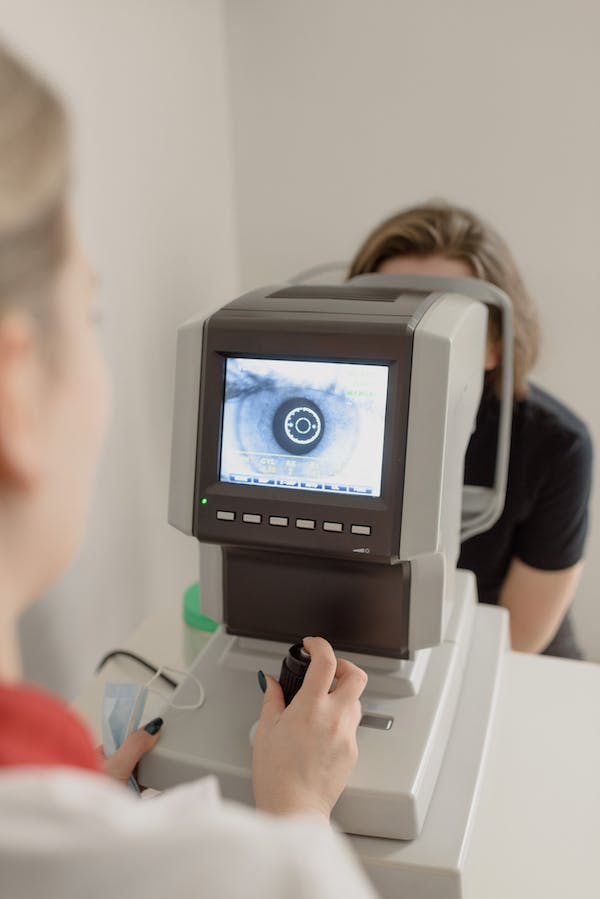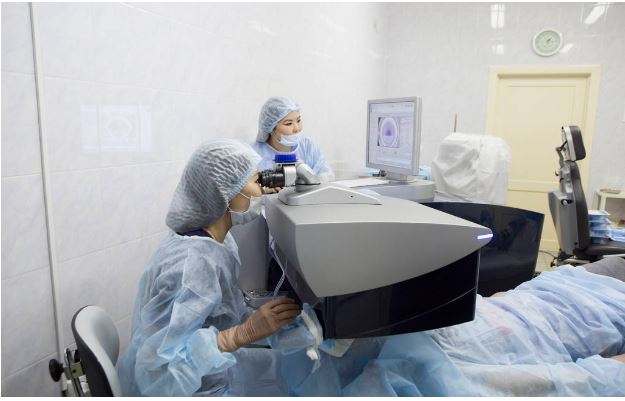A Comprehensive Guide to Cataract Surgery with a Leading Surgeon
Cataracts are a common vision problem that many people experience as they age. It’s a condition where the clear lens inside the eye becomes cloudy, causing blurred vision, difficulty seeing at night and sensitivity to glare. While cataracts can be treated through the use of prescription glasses or contact lenses, surgery is often required to remove the cataract and restore vision. In this article, we’ll be discussing the role of a cataract surgeon in treating this condition.
A cataract surgeon is a medical professional who specializes in performing cataract surgery. They have extensive knowledge and training in the anatomy of the eye, as well as in surgical techniques and technologies used in cataract surgery. Cataract surgery is one of the most common and safest surgical procedures performed worldwide, and a cataract surgeon is trained to perform this procedure with the utmost care and precision.
The first step in treating cataracts is a comprehensive eye exam to determine the severity of the cataract and the best course of treatment. In most cases, the cataract surgeon will recommend surgery when the cataract starts to significantly affect the patient’s daily life, such as difficulty driving, reading, or recognizing faces. The surgery involves removing the cloudy lens and replacing it with an artificial lens to restore clear vision.
The cataract surgeon will perform the surgery in a hospital or outpatient surgical center, using local anesthesia to numb the eye and prevent any pain during the procedure. The surgeon will make a small incision in the eye, and then use ultrasound or laser technology to break up and remove the cloudy lens. The new artificial lens will then be inserted into the eye through the same incision.
After the surgery, the patient will be monitored for a short time to ensure there are no complications or adverse reactions. The cataract surgeon will also provide instructions for post-operative care, such as using eye drops and avoiding certain activities to promote healing and prevent infection. In some cases, patients might need to consider having cataract surgery more than once if complications arise or if another cataract develops in the future. While rare, the need for a second surgery can occur due to factors like the lens shifting out of place or the development of scar tissue.
In addition to performing cataract surgery, a cataract surgeon may also offer other treatments for eye conditions, such as glaucoma or macular degeneration. They may also work closely with other eye care professionals, such as optometrists and ophthalmologists, to ensure the best possible outcome for the patient.
When choosing a cataract surgeon, it’s important to find a qualified and experienced professional who has a good reputation and is able to provide personalized care. Patients should feel comfortable discussing any concerns or questions they may have about the procedure and should be given detailed information about the risks and benefits of surgery.
Cataracts are a common vision problem that can significantly impact a person’s quality of life. Cataract surgery is a safe and effective treatment that can restore clear vision and improve overall well-being. A cataract surgeon is a highly trained medical professional who specializes in performing this procedure with care and precision. By working closely with a cataract surgeon, patients can receive personalized care and achieve the best possible outcome.






